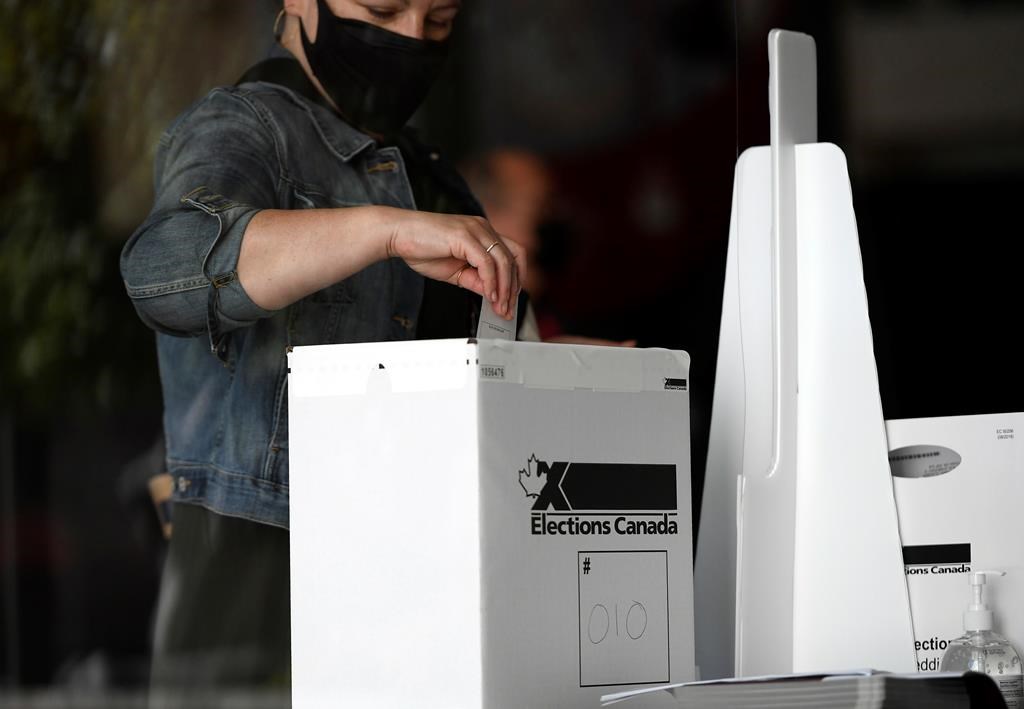Back to work. That needs to be the operating principle of Prime Minister Justin Trudeau’s re-elected and slightly strengthened minority government.
It’s time to deliver results.
Although the NDP criticism failed to translate into seat gains, the truth is that the Prime Minister has seen a gap between what TS Eliot called the idea and the reality, between the motion and the act. It’s time to get things done.
Fire up the deal-making machine and get childcare agreements in place, funding flowing and spaces opening. Cut ribbons and kiss babies.
Get shovels in the ground for transit projects and get the ones in construction moving faster. Visit construction sites for mid-term progress reports. Announce every milestone of every project. When I worked in government, I used to push back on caucus criticism that “we’ve announced this already” by asking “have you announced it this week?”
End the remaining boil-water advisories on First Nation reserves.
Deliver meaningful relief for first-time home buyers and student-loan holders.
The Liberal government needs not only to get things done, but also to communicate how it is getting things done, every step of the way, day after day. Progressives have a real challenge between idea and implementation, communicating not only ambition but the tangible, slow but steady progress being made. The re-elected government needs to focus on telling its own story and showing how progress is being advanced.
Do it in partnership with the provinces and municipalities. Recognize that the big provinces face provincial and municipal elections in the near future, and they’re motivated to get stuff done too.
There is a pent-up demand for achievement, and as we emerge from hopefully the worst of COVID-19, now is the time to fire on all cylinders. Take the mandate you’ve been given and put it to work to accomplish the things you said you would.
Tweak the cabinet, elevating some backbenchers who are work horses, not show horses. Focus on delivering results every day. Focus on driving the ball down the field. On climate and especially green infrastructure. On childcare. On First Nations reconciliation. Tie it all together with a focus on jobs and the economy, and just a smidge more fiscal discipline.
It’s possible that we are in for a new generational political order of minority governments, European style. So long as the Bloc takes up roughly half of Quebec’s seats, it’s nigh on impossible to win a majority, unless the West were to become a multi-party region for the first time in generations. That means Trudeau could govern if he works at it for, if not the full four years, than something more in the realm of three.
If he’s interested in succession planning, he should start. I don’t think it’s Chyrstia Freeland. And it also isn’t simply about the leader of the party – it’s also about ensuring cabinet ministers and those working hard to join them get airtime and a chance to grow in their roles. There’s a lot of talent in the Liberal caucus. Put it to work. The odd “special assignment” wouldn’t hurt, either.
This re-election is an opportunity to buckle down and focus on delivering. I’d say the PM should roll up his sleeves, but he practically wears long-sleeve shirts solely for the purpose of rolling them up.
Get things done, be seen to get things done, and then get more things done. That’s my advice for the re-elected government.








